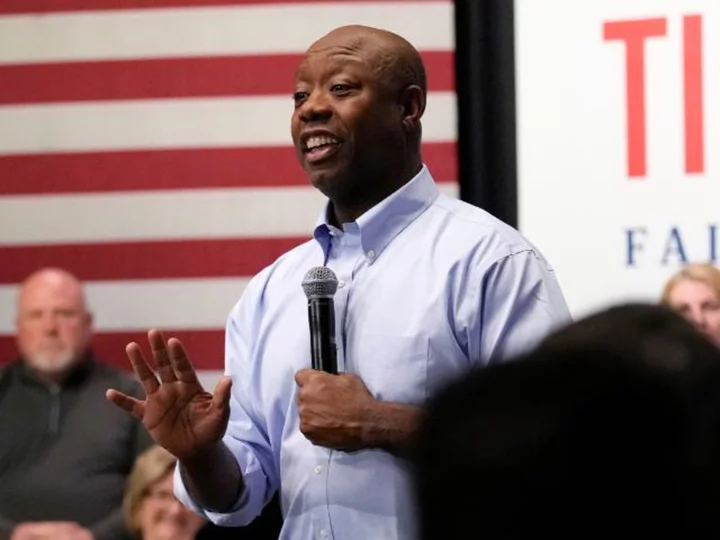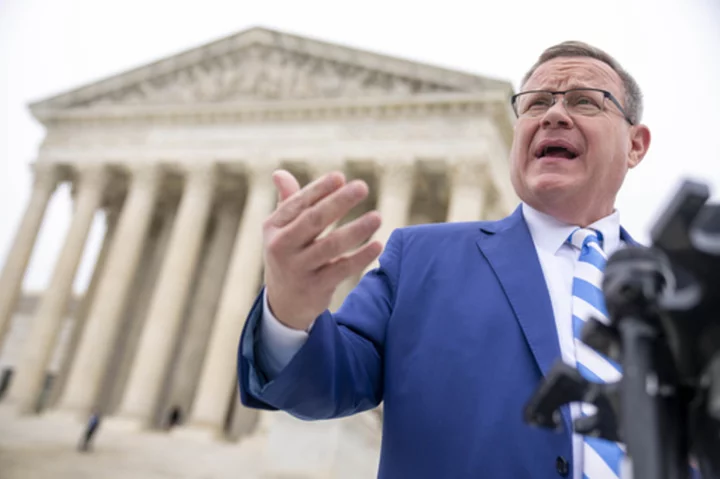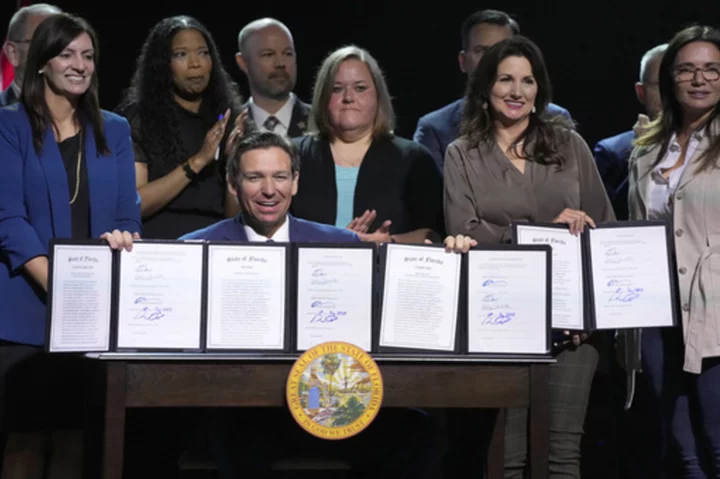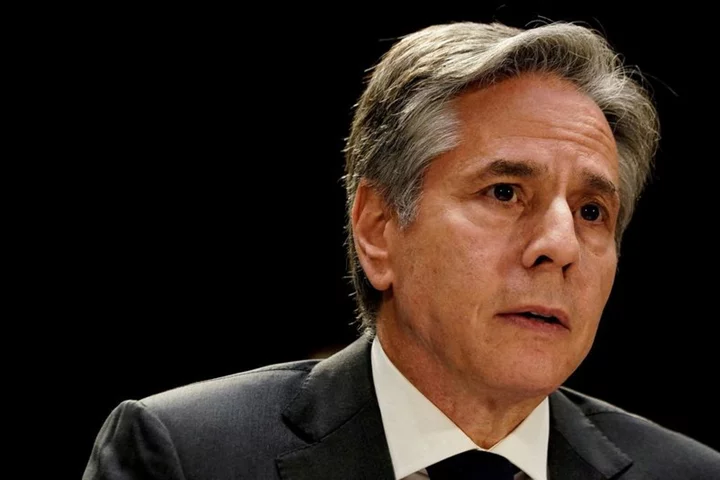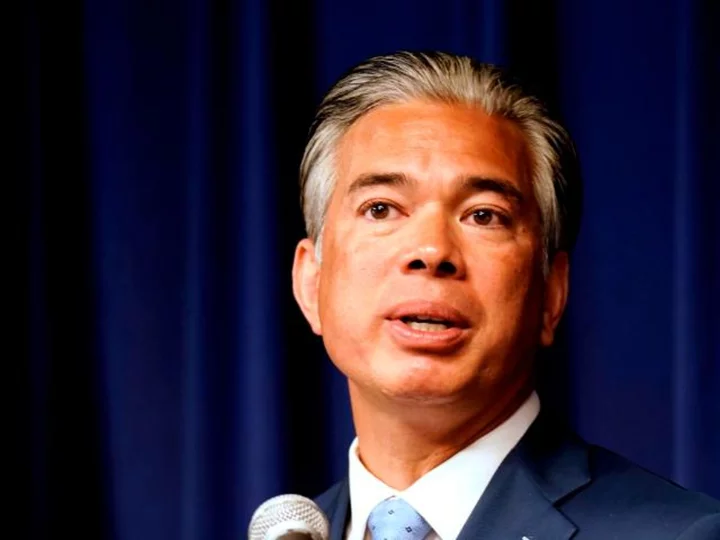Sen. Tim Scott announced he's running for the Republican nomination for president on Monday, setting up a challenge to former President Donald Trump, the current frontrunner.
The South Carolina Republican laid out his vision for America and hit President Joe Biden for the state of the country.
While much of his speech was factual, here is a fact check of a few of the misleading claims Scott made during his announcement.
The workforce
Scott said that the "share of working-age men choosing to work is the lowest it has ever been."
Facts First: The rate of men participating in the labor force has been generally on the decline for the last 75 years, but it has recently bounced back from 2020 pandemic era lows. The labor force participation rate for men older than 16 was at 68.1% in April 2023, according to data from the Bureau of Labor Statistics, which is up slightly from its low point in 2020 when the rate was 66.1%.
The labor force participation rate "represents the number of people in the labor force as a percentage of the civilian noninstitutional population." In other words, "the participation rate is the percentage of the population that is either working or actively looking for work," according to the Bureau of Labor Statistics.
If we look instead at the unemployment rate of men, it is near a record low -- meaning employment is high: 3.6% of men were unemployed in the first quarter of 2023, according to the Bureau of Labor Statistics. In 2020, that number spiked when 12% of men were unemployed. It also hovered around 11% in the fourth quarters of 1982 and 2009.
Student loan debt relief
Scott claimed that Biden "wants to make waitresses and mechanics pay for the student loans of lawyers and doctors making six figures," apparently referring to the president's proposed student loan debt relief plan that is tied up in the courts.
Facts First: It is possible that borrowers who went on to become doctors and lawyers will have some of their student loans forgiven under Biden's plan, but an August 2022 analysis of the plan found that about 75% of the benefit of the relief plan will go to households making $88,000 or less per year.
Biden has proposed a plan to forgive up to $20,000 of debt held by those who qualified for Pell grants, a type of federal financial aid for undergraduate students with "exceptional financial need," and to forgive up to $10,000 of student loan debt for those who did not receive such grants. To be eligible, individual borrowers must have made less than $125,000 and married couples or heads of households must have made less than $250,000 in either tax year 2020 or 2021.
The relief plan would, of course, cost Americans -- to the tune of as much as $519 billion over 10 years, according to an updated analysis from the Penn Wharton Budget Model.
Biden's program has been held up by administrative challenges, and congressional Republicans are working to kill it.
Immigration
Scott, while discussing the need to secure America's borders, said, "If you don't control your back door, it's not your house. And if our southern border is unsafe and insecure, it's not our country. Hundreds of people on our terrorist watch list are crossing our borders."
Facts First: Scott is correct that US Customs and Border Protection encountered hundreds of people trying to enter the United States in fiscal year 2022 who are in the Terrorist Screening Dataset, but most of those encounters occurred at land border ports of entry on the northern border of the United States, not the southern border as Scott implied when he said it is "unsafe and insecure."
In fiscal year 2022, border officials had 380 encounters with people who had records on the watchlist and tried to pass through ports of entry -- 313 of those were at the northern border at a port of entry and 67 were on the southwestern border at a port of entry, according to data from USCBP. Border Patrol also had 98 encounters with non-US citizens on the southwestern border between ports of entry who were on the watchlist, according to the data. The total number of encounters is up significantly from the previous fiscal year.

